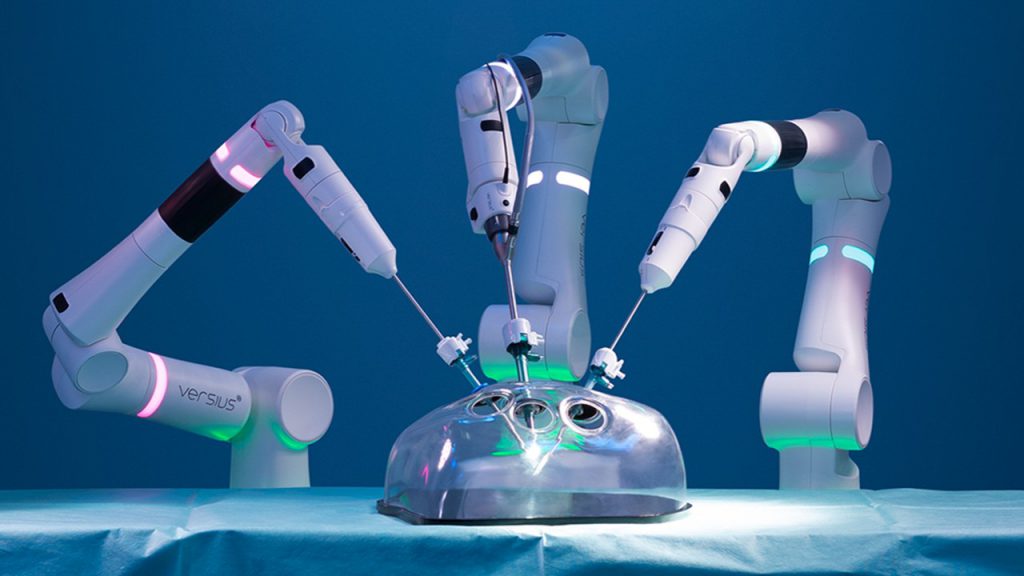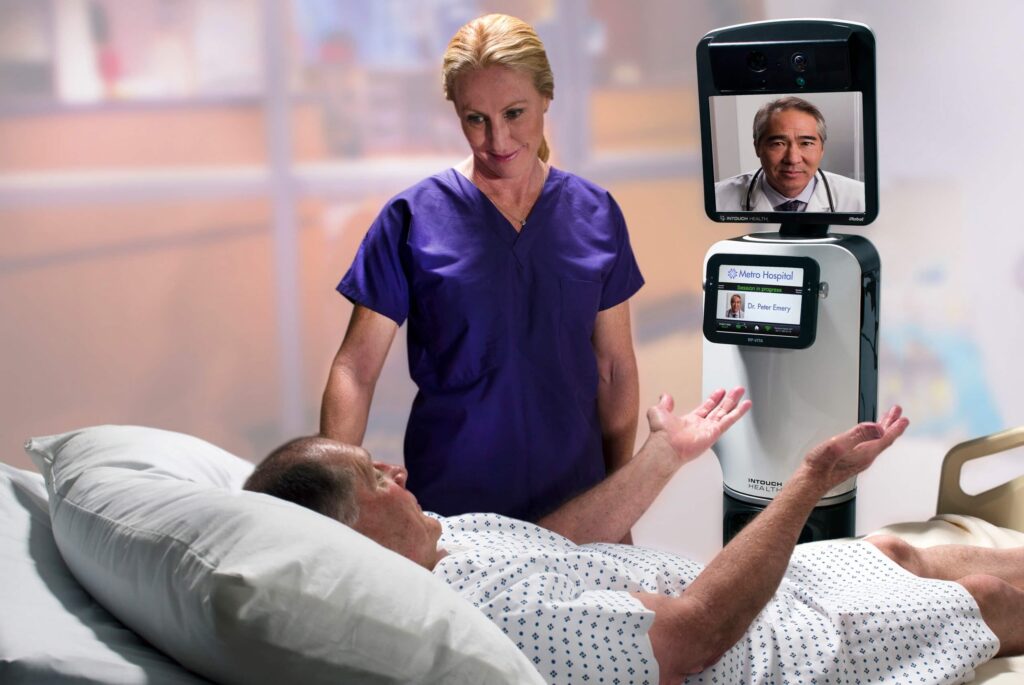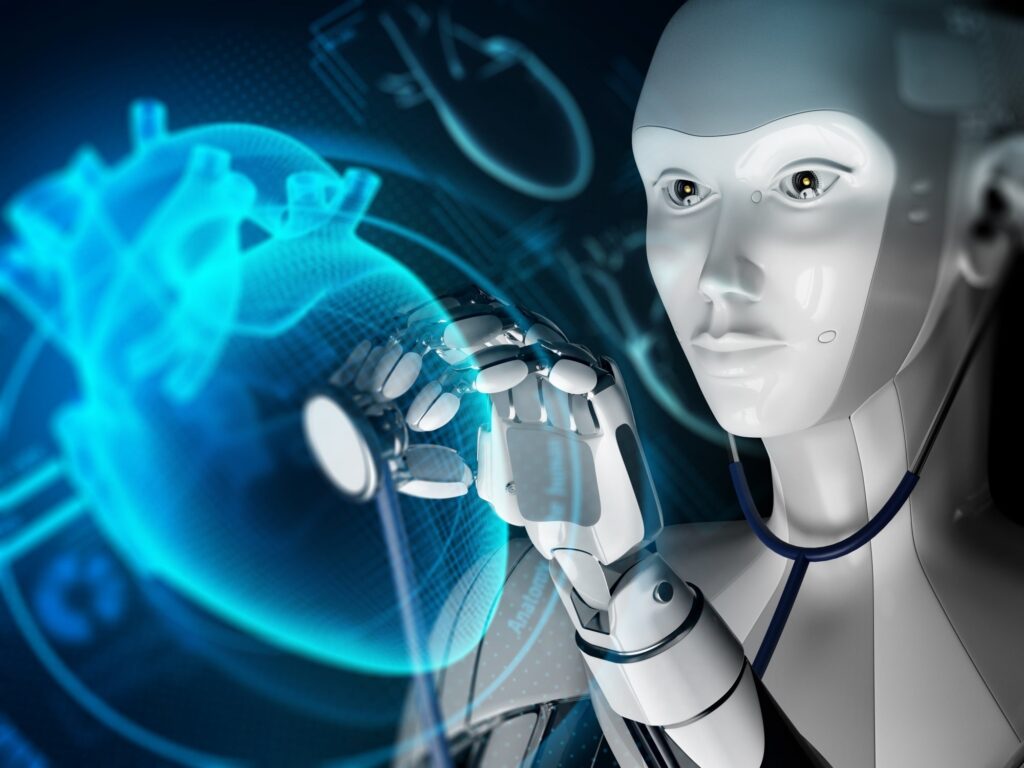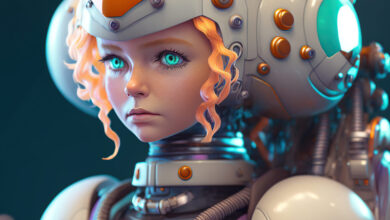Introduction
Have you ever dreamed of a future where robots precisely execute medical procedures? Welcome to the present!
Definition of Medical Robots
Medical robotics are not the stuff of science fiction anymore; they are here. But what exactly are these robots? These mechanical wonders are automated devices that can perform duties related to healthcare and medicine. They have the power to alter how we perceive healthcare.
-
History of Medical Robot
You might be surprised that the first medical robot dates back to the 1980s. From there, it has been an evolutionary journey marked by continuous technological advancements and innovations.
Types of Medical Robotics
There are several varieties of medical robotics, including:
-
Surgical Robots
These robots assist surgeons in performing complex tasks with utmost precision. Da Vinci Surgical System is one famous example that allows for minimally invasive procedures.
-
Rehabilitation Robots
These robots help patients in recovering and rehabilitating from injuries and surgeries. They ensure that the recovery process is efficient and effective.
-
Telemedicine Robots
Telemedicine robots make healthcare accessible even in remote locations. They allow doctors to interact with patients virtually, making medical consultations a breeze.
Applications in Healthcare
-
Assisting in Surgeries
Robotics in the operating room? Yes! They assist surgeons in carrying out procedures with increased accuracy, less fatigue, and shorter recovery times.
-
Patient Care and Monitoring
Robots can monitor vital signs and provide round-the-clock care without tiring, offering consistent quality care.
-
Medical Transportation
Transporting medical supplies within hospitals has always been challenging, thanks to medical robotics.
Advantages and Challenges
Advantages
- Improved accuracy
- Reduced risk of infection
- Shorter recovery time
Challenges
- High costs
- Technical complexity
Ethical Considerations
Are we losing the human touch in medicine? This critical question poses an ethical dilemma in using robots in healthcare.
Future of Medical Robots
The future looks promising with the continuous growth of medical robotics. It’s not just about replacing human interaction but enhancing it with precision, efficiency, and availability.
Conclusion
Medical robots are revolutionizing the healthcare sector. Although they have many advantages, they also present unique difficulties and moral dilemmas. Robotics integration in healthcare is still a work in progress, and future developments promise to be much more intriguing.
FAQs for Medical Robots: Transforming Healthcare
Are medical robots safe to use?
Yes, they are designed with multiple safety protocols, but continuous monitoring and control are essential.
How do medical robots affect patient care?
They enhance patient care by providing consistent monitoring, accuracy in procedures, and assistance in rehabilitation.
What are some challenges faced by medical robots?
Challenges include high costs, technical complexity, and potential ethical considerations.
Can medical robots replace human healthcare providers?
Rate our article (Medical Robots: Transforming Healthcare)How much do you like our article


